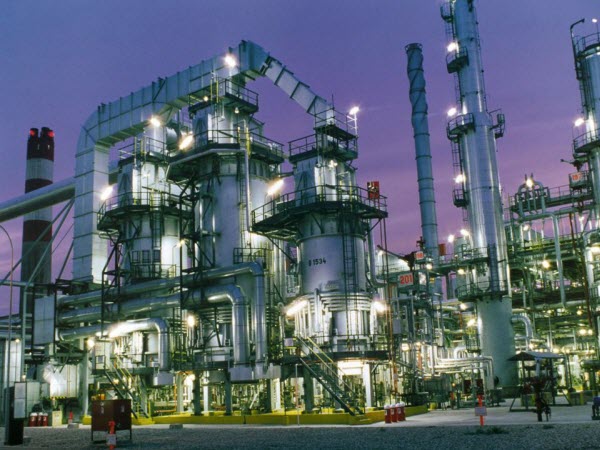There are no products in your shopping cart.
| 0 Items | £0.00 |


NIGERIA only attracted 4% of the $75bn foreign direct investment (FDI) ploughed into Africa's oil and gas sectors during the four year period between 2015 and 2019 according to the Lagos Chamber of Commerce and Industry (LCCI).
Despite being Africa's oil and gas producer and the sixth biggest crude oil exporter in the world, Nigeria has struggled to attract FDI of late. Smaller producers including Angola, Algeria, Gabon, Equatorial Guinea and Cameroon are much more attractive to investors despite having less reserves.
Dr Muda Yusuf, the LCCI director general, said that Nigeria's problems can be attributed to delays in passing the Petroleum Industry Bill (Pib) into law. Designed to introduce sanity into the sector, the law will clear up a lot of the discrepancies in the market, introduce more liberalisation and wed out a lot of the existing corrupt practices.
Dr Yusuf said: “The oil and gas industry is a major contributor to the Nigerian economy and government revenue. Nigeria, with the largest oil and gas reserves in Africa, has huge untapped potential to achieve its economic development goals including gas-to-power ambitions.
"However, despite having the largest reserves in Africa, Nigeria only received 4% ($3bn) of the $75bn invested in the continent between 2015 and 2019. This underscores the need to create a competitive environment to attract investment to the oil and gas sector.
“The fundamental shift in global energy markets driven by advances in unlocking unconventional petroleum resources and increasing traction for cleaner energy sources has resulted in a global oversupply of crude oil, putting pressure on prices. This has been further worsened by the Covid-19 pandemic, potentially putting at risk the viability of ongoing and future projects and driving fierce competition for scarce investments around the world."
He added that Nigeria’s petroleum industry faces many country-specific challenges, including joint venture funding and arrears, regulatory overlaps, insecurity and inadequate infrastructure for domestic gas development. According to Dr Yusuf, the LCCI is fully supportive of the government’s efforts to drive industry reform through a new Petroleum Industry Bill.
"The key objectives of the Pib 2020 includes reforming the institutional and fiscal framework, developing Nigeria’s gas sector further, creating a framework to support the development of host communities and foster sustainable prosperity and further bringing in new investments to grow the country’s production capacity. The current bill marks positive steps toward achieving its stated goals as it mandates ministries, departments, and agencies to consult with the commission prior to introducing overlapping legislation which will impact the oil and gas industry.
"It also allows for consultation with industry stakeholders before making regulations. The commercialisation of Nigerian National Petroleum Corporation aims to improve business efficiency and effectiveness, especially in relation to joint venture activities but some of these improvements appear insufficient to deliver the true value to Nigeria, which the bill aims to achieve," Dr Yusuf added.